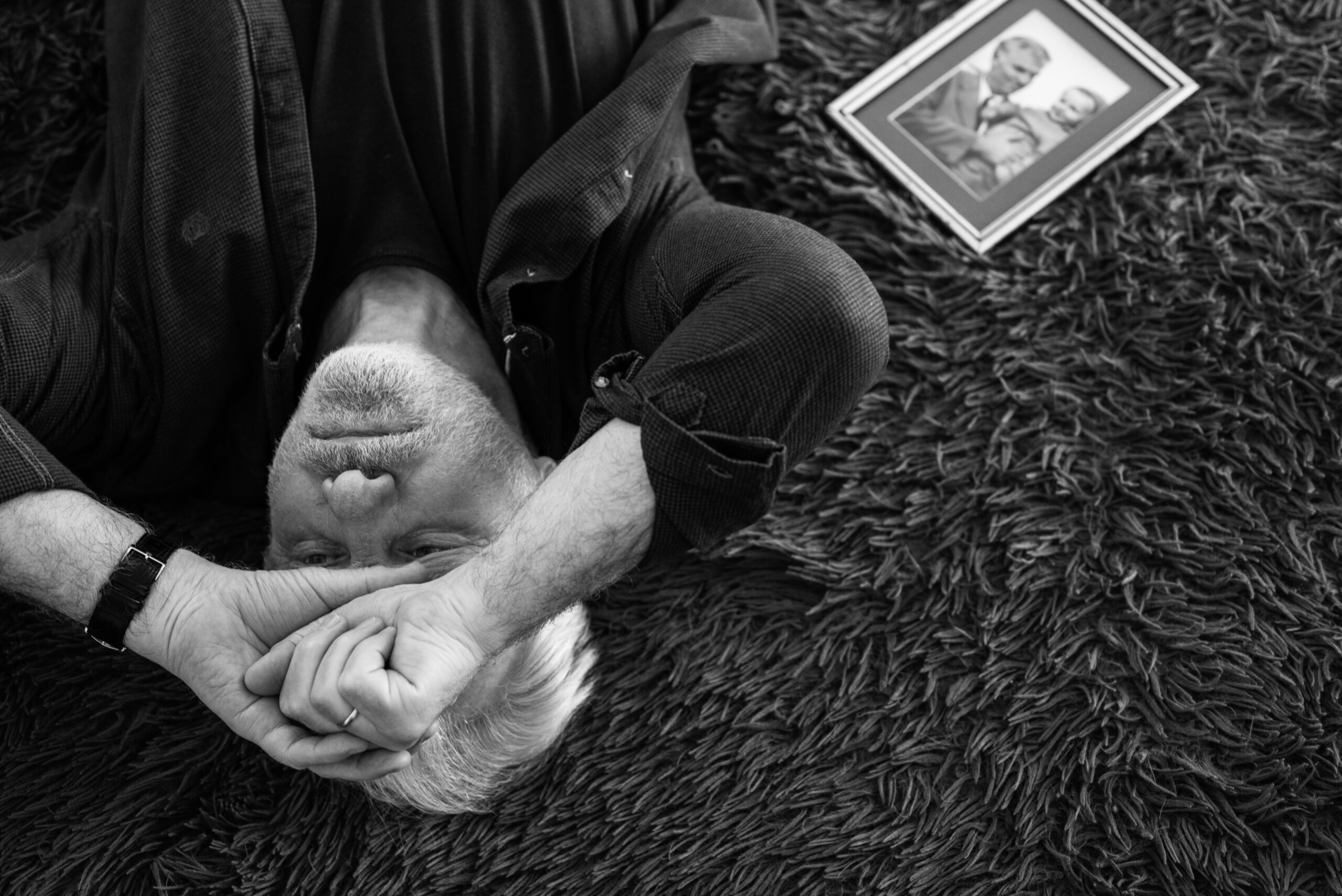Discover 3 ways to navigate the identity crisis that typically follows the grief of losing a loved one and exploring the limitless opportunities to find purpose and meaning again.
The death of a loved one is a cataclysmic event that can literally feel like the ground is being ripped from under you. In addition to the daunting grieving process that takes many forms, there is mounting tension, emotional and financial stress around funeral arrangements, and the volatility of navigating grief together as a family.
As if that isn’t more than enough for one person to manage, once the initial shock begins to settle, the coming days, weeks, months, even years start to reveal something you weren’t quite ready to consider and didn’t even know you had to, and that is grieving the loss of who you were.
The loss of a loved one especially in the immediate family can leave us wondering who we really are after the loved one is gone. This is especially true for someone whose family member has had a years-long battle with cancer where you spent an exorbitant amount of time in and out of hospitals and doctors offices, or a parent who lost a neurodivergent child who may have become a teacher or nurse herself in order to ease the complexities of day-to-day life for their loved one. After years of living sacrificially for the loved one who now is no longer here, life can feel empty and dull and you may start to feel purposeless.
But nothing could be further from the truth, my friend.
3 Ways to Navigate Identity Crisis During Grief
Life has certainly changed for you, but it does not mean you have a future void of purpose or meaning. Here are 3 ways to navigate the identity crisis you may be experiencing after the loss of a loved one.
- Talk about your loved one as often as you want to. Speak their name as well as your title to them often. You may have lost a child, but you are still their parent. You may have lost a spouse, but you are still their partner. Share your favorite memories, tell funny stories, and reflect fondly however often you feel inspired to. Keeping their memory – and the irreplaceable gift you were to them their entire journey earthside – alive by talking about them does not hinder your healing – it fast tracks it.
- Consider volunteering during holidays (or any time of the year). Studies show that helping others improves our own health and happiness. Don’t rush your grieving process, and certainly don’t busy up your schedule to avoid processing your own grief, but when you have the strength and feel ready for it, consider volunteering to help other families in need during the holidays (or really any time of the year.) You never know how integral you could be to another family whose trajectory follows your own. You never know how your perspective could ease the burden or relieve some of the pain. But if serving others on a journey a little too similar to your own feels more cumbersome than inspiring, but you know you are ready to start getting out into the world again, consider any number of nonprofit organizations in your area making a positive impact in the community like a food bank or homeless shelter.
- Explore the many opportunities to find purpose again; and enjoy the ride. What do you do now that your schedule isn’t overflowing with doctors visits, chemotherapy appointments, or IEP meetings at school? Well, whatever you want! You can’t turn back the clock no matter what, but you can take this season to be introspective, figure out what brings you joy, what your hobbies are, and how you can merge what you love with how you can serve others to find your purpose. Consider journaling, learning a new skill, or adopting a pet. Whatever you decide to do, try to enjoy the season of finding “you” again and remember, there is life after loss, even if it doesn’t feel like it today.
Regain Your Sense of Self and Feel Inspired About the Future
Life will never go back to the way it was before the loss and nothing will ever take the sting out of that reality. But you can regain a sense of self and find joy again if you can peel back the layers of your grief and find hope in the future.
If you have been affected by the death of a loved one and embarking on the future feels impossible, you are not alone. We see you, we know you’re hurting, and want to offer you a safe place to share your story and feel supported in your healing journey. Contact us today to set up an appointment and spend some time with us – we’re here for you.
Sharon Brubaker is a certified Life Coach and credentialed Grief Specialist who, along with her team, teaches women who are grieving how to process their thoughts and emotions. To learn more about navigating grief within the family, listen to the full podcast episode here or download my free e-Book, The Griever’s Guide, which equips you with the tools to live life after grief; because no griever should have to navigate a broken heart on their own.




